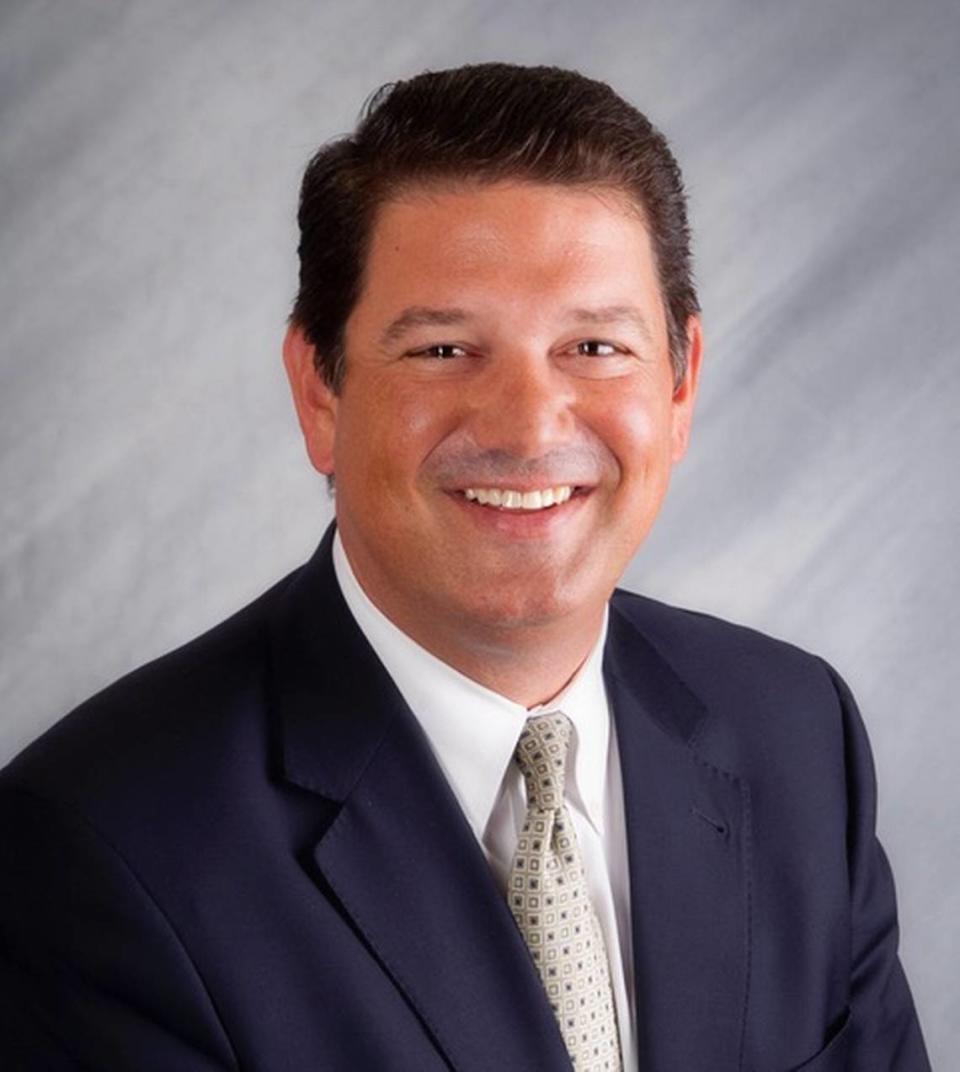Sports betting becomes legal in NC on March 11. Beware the Ides of March Madness | Opinion
On the ancient Roman calendar, the Ides of March marked the middle of the month, and it happened to be the day that Julius Caesar was assassinated in the Roman Senate. William Shakespeare famously immortalized it in “Julius Caesar,” as the soothsayer warns the Roman dictator to “Beware the Ides of March,” foretelling the mortal danger that awaits.
March Madness is almost upon us, as is the March 11 launch of legalized sports betting in North Carolina, which starts the week of the ACC men’s basketball tournament.
While many will be watching the ACC tournament in the hopes of rooting their favorite team to victory, many others, especially young male adults, will be tuning in for an entirely different purpose — to gamble their hard-earned money in the hopes of striking it rich. North Carolinians should heed the spirit of the soothsayer’s advice and, “Beware the Ides of March Madness.”

The N.C. General Assembly approved sports wagering last June, and the State Lottery Commission authorized sportsbooks to begin taking bets March 11.
Sportsbooks like FanDuel and DraftKings can’t wait to sink their teeth into North Carolina. These predatory gambling companies have been blanketing the airwaves to entice new customers to sign up for their gambling platforms, even offering free money “credits” as an incentive.
Let’s be clear, these online gambling operations don’t just take bets on the spread or the outcome of a game. They offer intense, fast-paced micro-betting throughout the game to keep gamblers hooked and shelling out the dough.
DraftKings puts it this way, “Win cash prizes on anything from football games to your favorite show. Make picks from a list of options. Which team will score more touchdowns? How many cast members will cry during the reunion special? The more you’re correct, the more points you get. The more points you get, the more likely you are to win a share of the cash prize pool.”
For many, gambling on collegiate and professional sports will be of little consequence. For a significant number of others, however, sports betting will serve as an entry point into a life plagued by problem and pathological gambling. Studies over decades consistently show that gambling addiction leads to increases in crime, embezzlement, personal bankruptcy, substance abuse, domestic violence, child abuse, divorce and even suicide. And gambling addiction doesn’t just affect those who are addicted; it also impacts family, friends, employers and others.
In addition to the human toll, this form of predatory gambling will invite corruption into North Carolina’s rich sports heritage. Many recall the points-shaving scandal of the early 1960s involving players from N.C. State and UNC, and how this brought an end to the popular Dixie Classic basketball tournament. As cynical as it may sound, the pressure to throw a game in exchange for a big payout may simply be too much for some players, referees or even coaches to withstand.
Even if this doesn’t happen, the ever-present temptation will inevitably result in heightened scrutiny over missed shots, dropped passes and questionable calls. Regrettably, the fundamental integrity of the games will be called into question.
According to historical reports of Roman culture, the Ides of March was also notable as a day of settling debts. This Ides of March, sportsbooks are gearing up to plunge many North Carolinians into debt. Simply put, all these predatory gambling enterprises are after is your money.
Like Caesar’s trusted friend and ally Brutus, sportsbooks are playing nice and presenting themselves as the sports fan’s greatest friend. But in the end, Shakespeare tells us it was Brutus who delivered the final, fatal blow.
Caesar may have avoided tragedy had he heeded the soothsayer’s advice. In the same way, North Carolinians would do well to avoid the pitfalls of gambling, which may also lead to a tragic end.
John L. Rustin is president of the North Carolina Family Policy Council.

